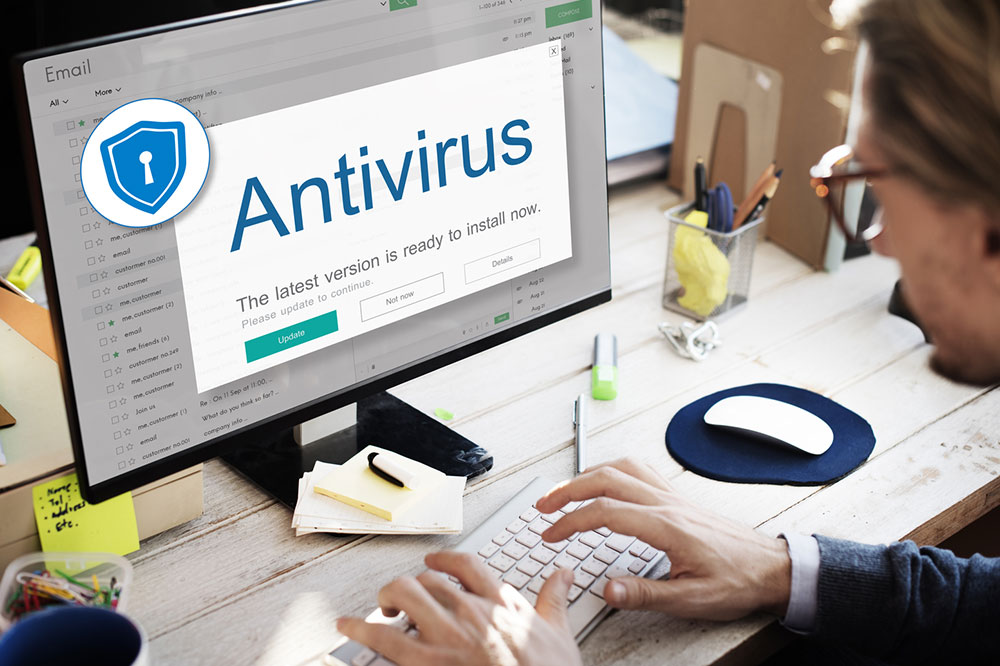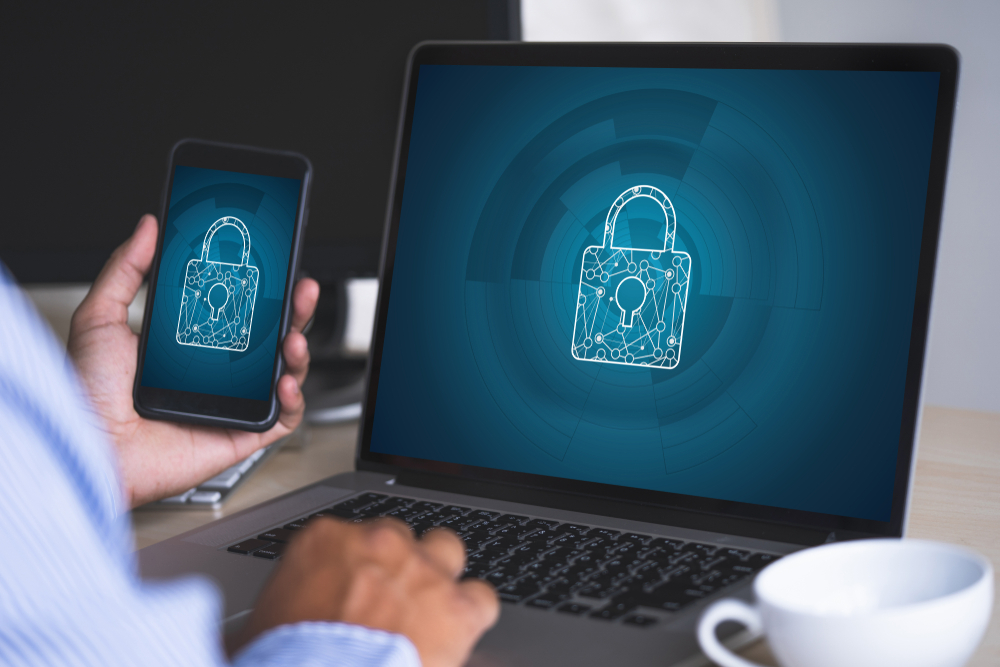Comprehensive Guide to Choosing the Right Antivirus Software for Your Digital Security
This comprehensive guide provides essential tips for selecting the right antivirus software to protect your devices from malware, viruses, and cyber threats. It explains different virus types, prevention strategies, and top antivirus options, helping users make informed security choices for Windows and Mac systems. Regular updates, strong passwords, and reliable antivirus solutions are vital for maintaining digital safety in today's connected world.

Key Factors and Expert Tips for Selecting the Best Antivirus Protection
In our increasingly digital world, safeguarding your computers—whether they are PCs or Macs—is more crucial than ever. These devices are central to our daily routines, supporting work tasks, online shopping, communication, and entertainment. However, the rising threat of cybersecurity issues, such as malware, ransomware, and viruses, makes it imperative to invest in reliable antivirus software. Understanding how to choose the ideal antivirus solution can significantly enhance your device’s security, keep your personal data safe, and ensure smooth device operation.
Understanding How Viruses Infect Your Devices
Viruses are malicious software designed to infect, damage, or disrupt computer systems. Most viruses target executable files, including system components, application files like Word and Excel, and even control panels. These malicious codes often enter your system via downloads, email attachments, infected links, or shared drives. Once inside, viruses replicate by attaching themselves to other files or creating copies, leading to issues such as data corruption, slowing down system performance, draining system resources, and occupying storage space.
Why Mac Users Should Still Employ Antivirus Software
While Mac computers are generally considered more secure due to built-in security features and a closed ecosystem, they are not immune to threats. Cybercriminals increasingly target Mac systems through sophisticated malware and phishing scams. Without proactive security measures, Macs remain vulnerable. Therefore, installing trusted antivirus programs on Mac devices is vital for comprehensive protection alongside the native security measures.
How Antivirus Software Protects Your Devices
Antivirus programs work by analyzing files, applications, and system behavior. They scan for known malware signatures, monitor activity for suspicious actions, and flag potential threats before they cause damage. Many solutions also offer real-time protection, automatic updates, and quarantine functions to isolate threats. By continuously monitoring your device’s environment, these programs help prevent infections and minimize the risk of data theft, system crashes, or hardware malfunctions.
Recognizing Different Types of Computer Viruses
Macro viruses: Exploit macros embedded in data files like Excel and PowerPoint, often spreading through network sharing and email attachments.
Direct-Action viruses: Non-resident viruses that infect specific files upon execution without affecting overall system performance.
Boot Sector viruses: Infect the boot sector of disks and external media, typically activating during startup, though their occurrence has declined due to obsolete floppy disks.
Master Boot Record (MBR) viruses: Attack the MBR to control the boot process, potentially leading to persistent infections.
Spacefiller viruses: Fill unused areas within files with malicious code, usually without immediate harm but indicating potential vulnerabilities.
File Infector viruses: Attach themselves to executable files like .EXE or .COM, residing in memory and affecting application performance.
Multipartite viruses: Blend characteristics of multiple virus types, infecting both files and boot sectors simultaneously.
Resident viruses: Embed themselves into system memory, remaining active even after the original file is closed or deleted.
Rootkit viruses: Conceal their presence and grant unauthorized control to attackers, often bypassing traditional antivirus defenses.
System or Boot-record Infectors: Infect disk sectors like boot records, external drives, or partitions, though these are less common today.
Additional lesser-known facts about viruses include:
Viruses activate only when infected files or programs are run or opened.
They primarily affect software, not hardware components.
Active viruses can overload system memory, corrupt essential files, and cause system instability or crashes.
Effective Strategies to Eliminate and Remove Viruses
Detecting an infection promptly is vital to prevent extensive damage. Install dependable antivirus software and keep it regularly updated to recognize emerging threats. When infected, run comprehensive virus scans and follow recommended remediation steps, such as deleting or quarantining malicious files. Regular updates to your antivirus program ensure it can identify new malware strains, reducing the risks of critical data loss or system compromise.
Best Practices for Cybersecurity and Device Protection
Consistently update your operating system and software to patch security vulnerabilities.
Avoid clicking unknown email links or opening suspicious attachments.
Choose reputable antivirus solutions like Avast, Norton, or Microsoft Security Essentials, and ensure they are kept current.
Back up your important data frequently using cloud services or external storage devices.
Implement strong, complex passwords combining letters, numbers, and symbols, and avoid default passwords.
Enable multi-factor authentication where possible to add an extra layer of security.
Following these practices helps create a formidable defense against malware and cyber threats, ensuring your device remains secure and functional.
Top Antivirus Software Recommendations for Enhanced Security
Selecting the right antivirus tool depends on your specific needs, device type, and budget. Below are some of the most trusted and feature-rich options available today:
Norton 360 Deluxe
Offers up to 50GB of secure online storage
Monitors the dark web for personal information leaks
Includes a password manager and virtual private network (VPN) for safer browsing
Provides parental controls for family safety
Other variants such as Norton 360 Premium and Platinum extend storage and coverage across multiple devices, with added identity theft protections and advanced security features.
Kaspersky Total Security
High malware detection rate and proactive threat response
Full protection against ransomware and zero-day exploits
Includes encryption tools, backup options, and password management
Trend Micro Maximum Security
Robust malware defense combined with system optimization tools
Provides parental controls and secure browsing features
Includes password management, encryptions, and vulnerability assessments
Bitdefender Antivirus Plus
Lightweight on system resources, ideal for older or less powerful devices
Strong malware detection with privacy protection tools
Includes a password manager, Wi-Fi scanner, and anti-ransomware features
Choosing the best antivirus solution involves assessing your security needs, device specifications, and budget. Many top-tier options feature data recovery, ransomware protection, and automatic updates, providing comprehensive security at every level. Proper research and selection are essential to find the right fit that keeps your digital environment safe from evolving cyber threats.





